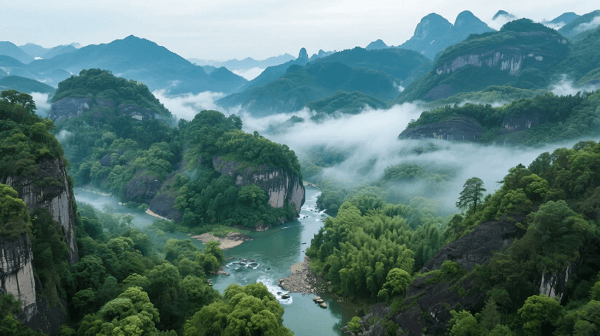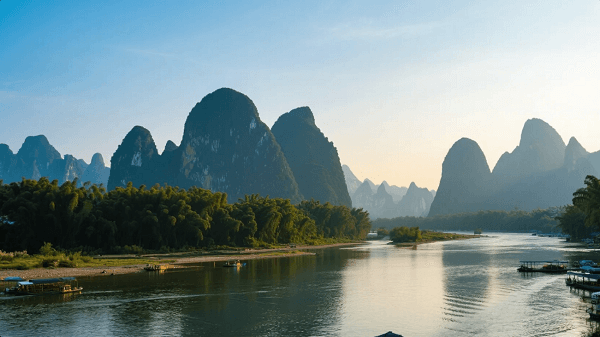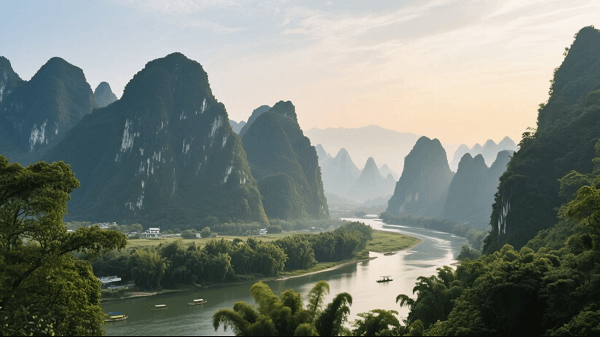السفر إلى الصين continues to attract millions of global tourists annually. Whether you’re planning a leisure tour, business visit, or cultural exploration, understanding how to travel China smoothly can enhance your experience. In this guide, we provide comprehensive and practical advice for travelers new to this vast and dynamic country.

Why Is China Travel Unique?
China travel stands out due to the country’s massive geographical diversity, deep-rooted traditions, and rapid modernization. Tourists are often amazed by the stark contrast between ancient temples and smart cities, traditional markets and digital wallets, scenic villages and high-speed rail networks. For first-time travelers, this blend can be fascinating — and sometimes overwhelming.
What Documents and Visas Do You Need?
Before you step into China, a visa is usually required unless you’re from one of the few countries with visa exemptions. The Tourist (L) visa is the most common. Requirements typically include:
Valid passport (at least 6 months validity)
Completed visa application
Travel itinerary or hotel bookings
Invitation letter (if visiting a resident)
Make sure you apply at least one month in advance through a local Chinese embassy or visa service center.
How to Get Around in China?
China’s transport system is modern, reliable, and surprisingly affordable. Here are some top options:
High-speed trains: They connect major cities like Beijing, Shanghai, and Guangzhou.
Metro systems: Found in over 40 cities, most signs are bilingual.
Ride-hailing apps: DiDi is the local Uber equivalent, with an English version.
Domestic flights: Useful for long-distance travel to Tibet or Xinjiang.
Using local transportation has been simplified through mobile payments and QR-based tickets, although foreign credit cards are still limited in scope.
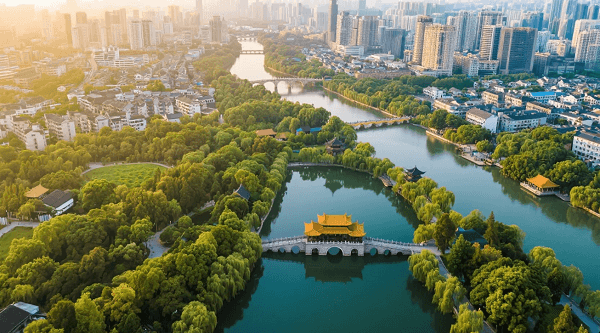
What About the Language Barrier?
While English is becoming more common in major urban areas, it remains rare in rural regions. Useful tips include:
Download a translator app (like Pleco or Google Translate)
Carry a hotel card with address in Chinese
Learn basic phrases: “你好” (Hello), “谢谢” (Thank you), “多少钱?” (How much?)
Signs in tourist spots often include English, and staff are usually accommodating when communication barriers occur.
What Should You Know About Culture and Etiquette?
Understanding Chinese customs will help you avoid awkward situations:
Greet with a nod or light handshake
Avoid discussing politics or sensitive topics
Gift-giving is appreciated but not expected
Use both hands when giving or receiving items
Respecting traditions, such as removing shoes when entering a local’s home or avoiding loud behavior in temples, goes a long way.
How to Stay Safe and Healthy?
Generally, China travel is safe, with low crime rates in major cities. Still, here are precautions worth noting:
Avoid tap water — buy bottled water
Watch out for scams near tourist hotspots
Carry photocopies of important documents
Download a VPN if you need access to sites like Google or WhatsApp
Medical care is widely available, especially in Tier 1 cities, but international health insurance is strongly advised.
Where to Go: Top Destinations in China
If you’re wondering where to begin, consider these iconic spots:
Beijing: The Great Wall, Forbidden City, and hutong culture
Shanghai: Skyscrapers, the Bund, and a vibrant art scene
Xi’an: Terracotta Army and ancient Silk Road history
Chengdu: Giant pandas and spicy Sichuan cuisine
Guilin/Yangshuo: Dramatic karst landscapes for nature lovers
Each region offers a distinct slice of Chinese identity, so plan based on your interests — history, food, nature, or modernity.
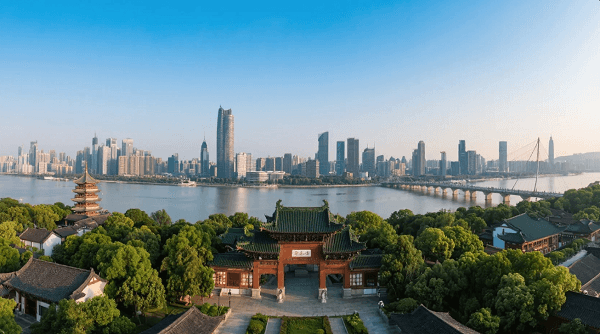
What Are the Best Seasons for China Travel?
Timing is essential. Spring (April–May) and Autumn (September–October) offer the most pleasant weather. Avoid major holidays like Chinese New Year or National Day (October 1–7) due to peak crowds and travel congestion.
Final Thoughts: Planning Ahead Matters
China travel is best approached with preparation and an open mind. With the right expectations and tools, you’ll enjoy rich cultural experiences, diverse cuisine, and one of the most advanced infrastructures in the world.


